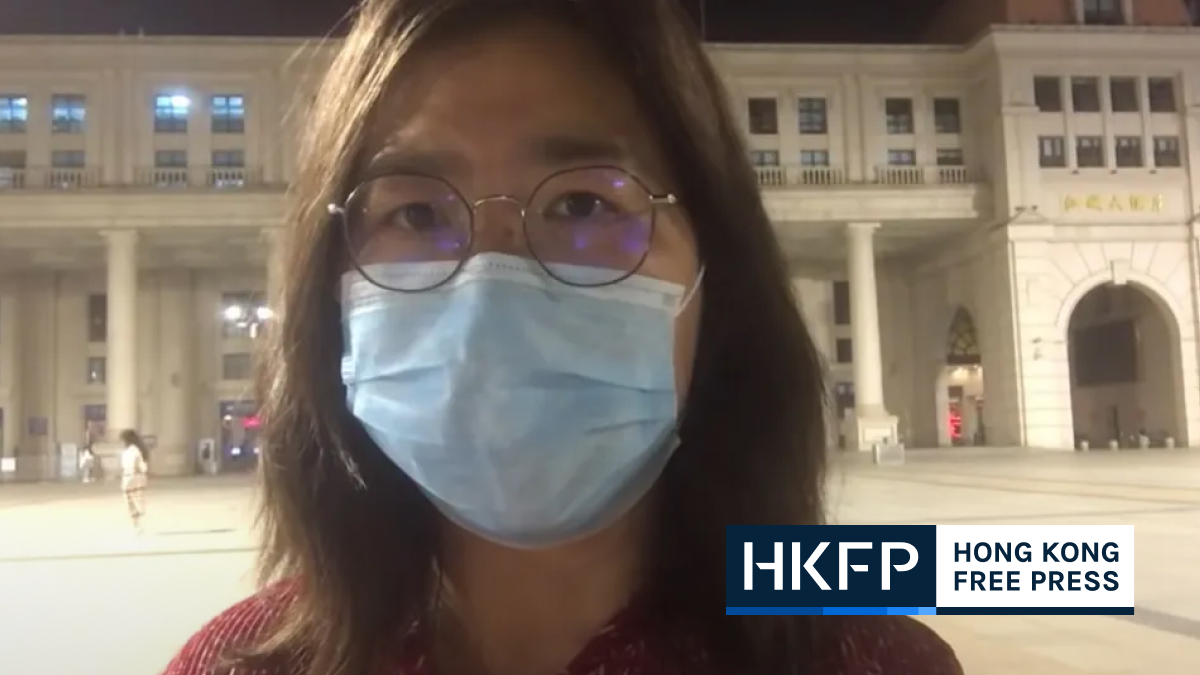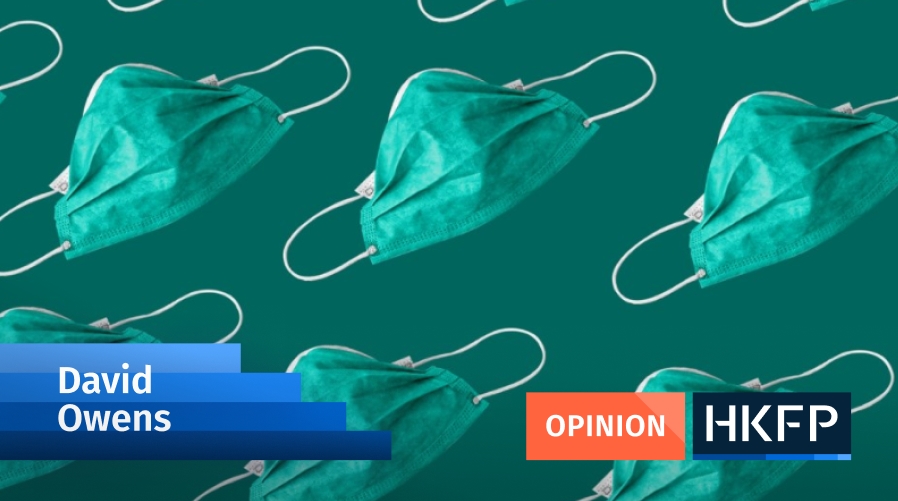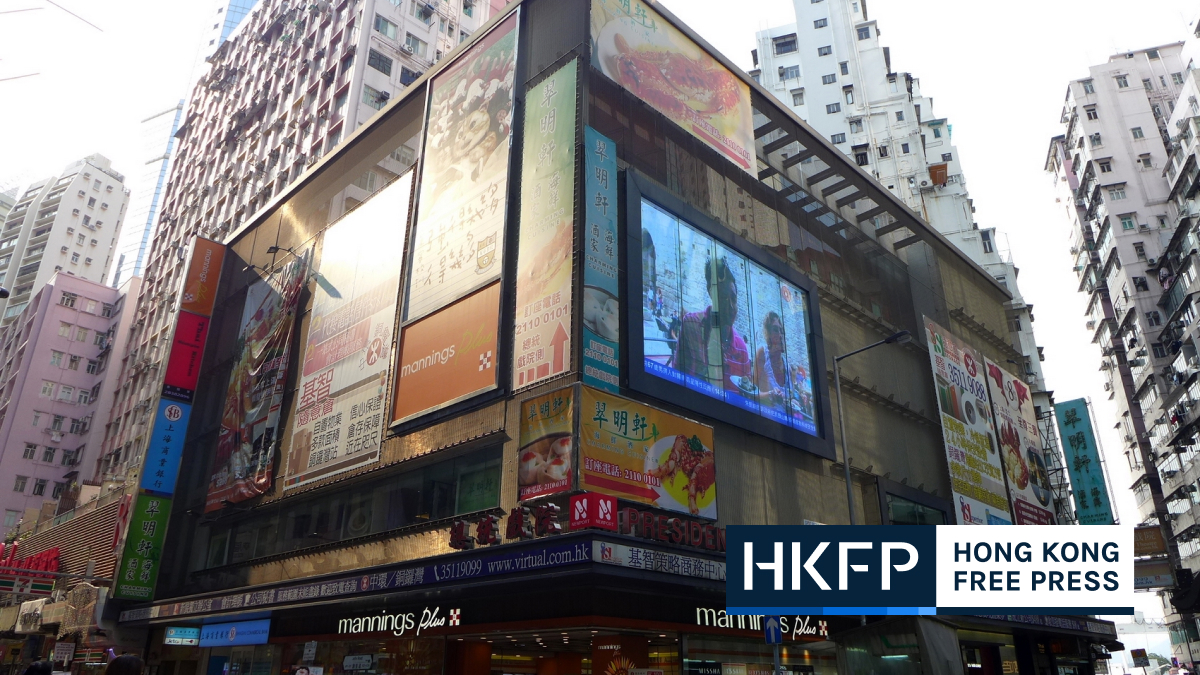Both types of Covid-19 vaccines available in Hong Kong are inadequate in warding off the Omicron strain, a study has shown, as more countries around the world – including mainland China – record cases of the variant.
Neither BioNTech nor Sinovac doses produced sufficient antibodies to block the mutated virus, according to research led by microbiology researchers at the University of Hong Kong and published on Tuesday.
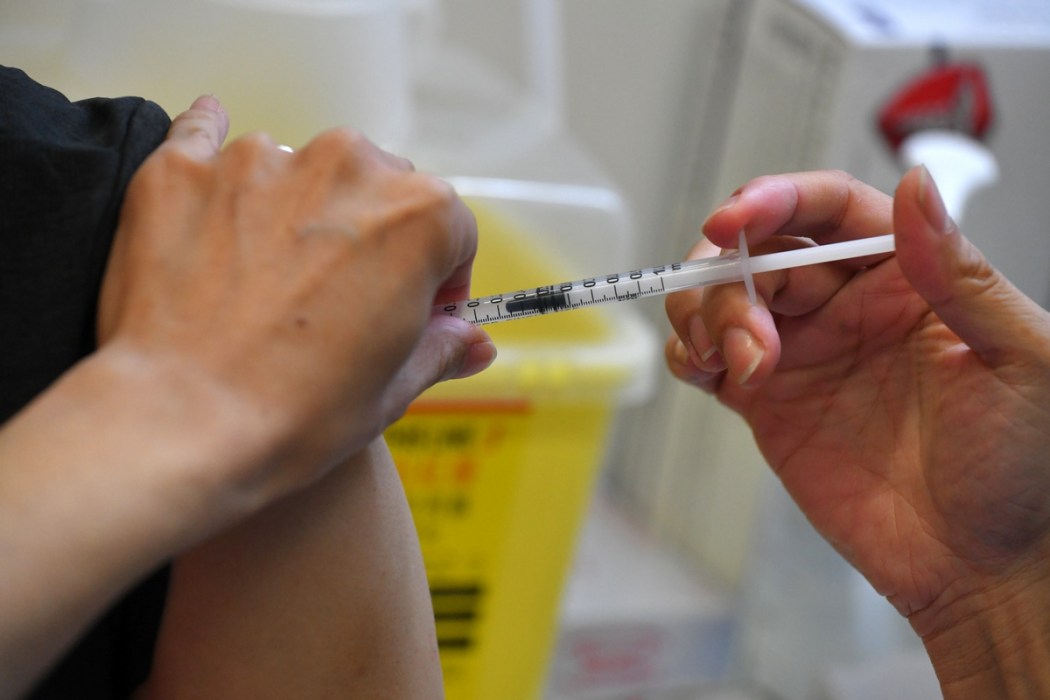
Between the two vaccines, BioNTech fared slightly better in protecting against Omicron, with five out of 25 vaccine recipients producing enough antibodies to block the variant. None of the 25 recipients who received the China-made Sinovac, however, had sufficient antibodies against Omicron.
Citing its own studies, Sinovac said in a statement Wednesday that a third shot of its vaccine could boost its ability to neutralise the variant, according to media reports.
Omicron cases in mainland China
Meanwhile, mainland China detected its second Omicron case on Tuesday. The patient, a 67-year-old man, tested positive in Guangzhou after completing a two-week quarantine. Earlier in the week, an Omicron case was confirmed in a traveller returning from Poland to the northern Chinese city of Tianjin.
So far, Hong Kong authorities have not announced tougher rules for the mainland. This represents a break from its practice of moving countries with Omicron cases to Group A, its high-risk group, meaning that even vaccinated travellers must undergo 21 days of hotel quarantine.
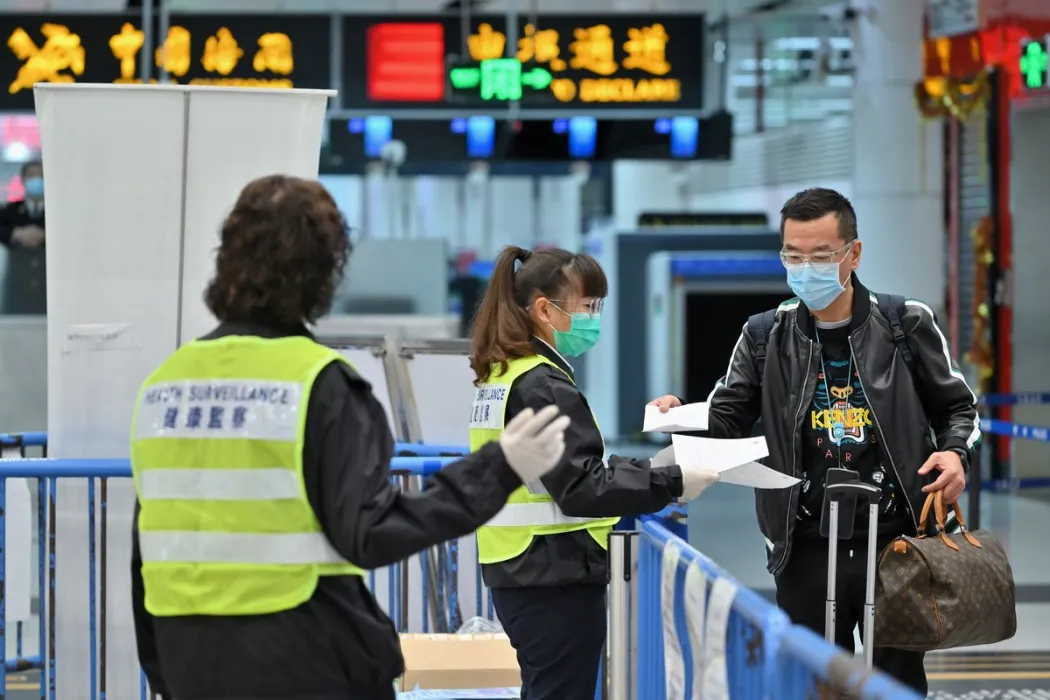
Under the current regulations, travellers entering Hong Kong from mainland China are exempt from quarantine if they use the two separate systems for mainland arrivals, Return2HK and Come2HK. Travellers who do not come via those channels have to quarantine, but are allowed to do so at home.
Respiratory infectious disease expert Leung Chi-chiu defended the government’s approach in an RTHK program on Wednesday, saying that there was no need to move mainland China to the high-risk group as the two cases there are imported.
Booster shots
Earlier this week, Chief Executive Carrie Lam said that Hong Kong would be administering Covid-19 booster shots to the general public in January in light of the worldwide spread of Omicron.
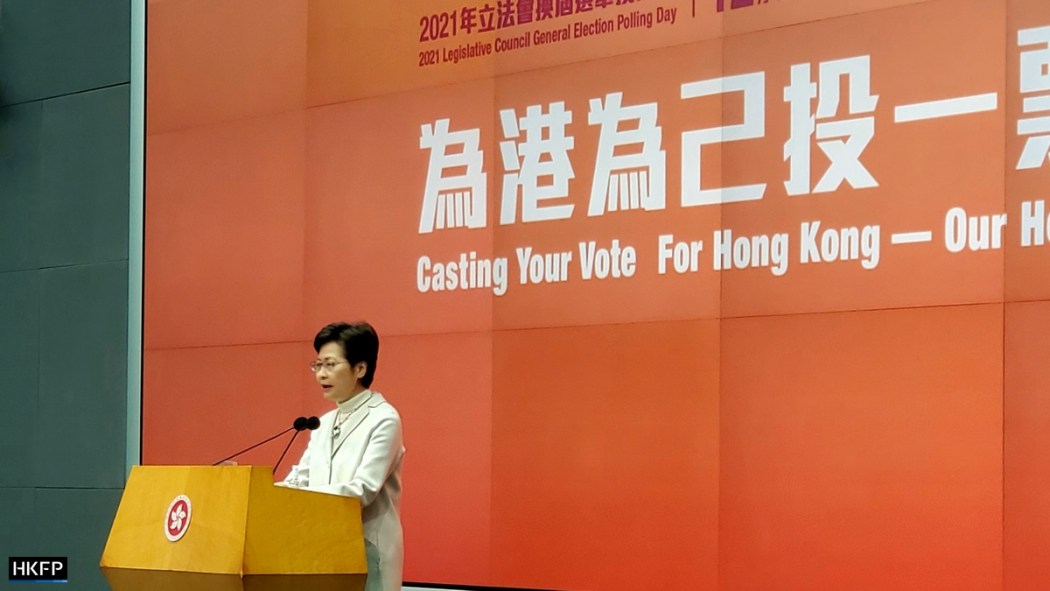
Currently, only those who received two shots of the less effective Chinese-made Sinovac are eligible for a booster, along with those who received two BioNTech jabs and who belong to higher-risk groups.
The city has recorded nine Omicron infections to date, all of them imported from the US, Nigeria, South Africa and the UK. Travellers from all four places must now undergo seven days quarantine at Penny’s Bay before completing two more weeks at a designated quarantine hotel.
Lam said in her press conference on Tuesday that while there are no signs of community infections in Hong Kong, authorities “cannot let down their guard.”
Support HKFP | Policies & Ethics | Error/typo? | Contact Us | Newsletter | Transparency & Annual Report | Apps
Help safeguard press freedom & keep HKFP free for all readers by supporting our team


